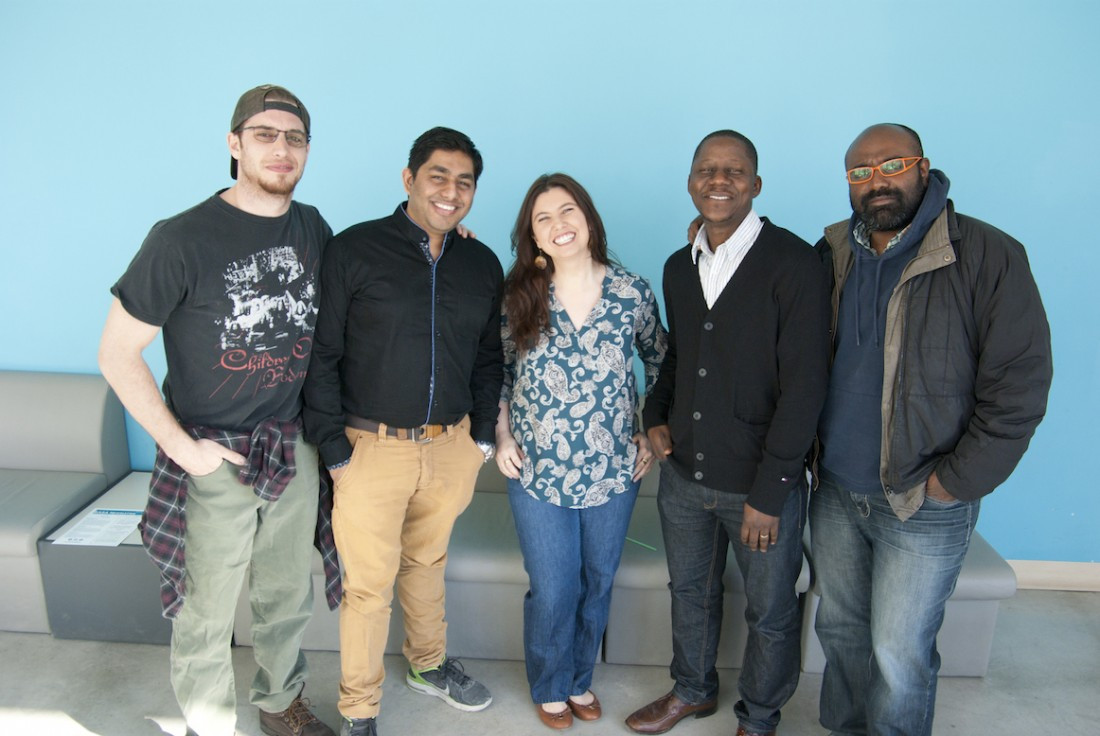Cultural adaptation
Local and international students learn to deal with cultural differences in the school environment
Matthew MacNeish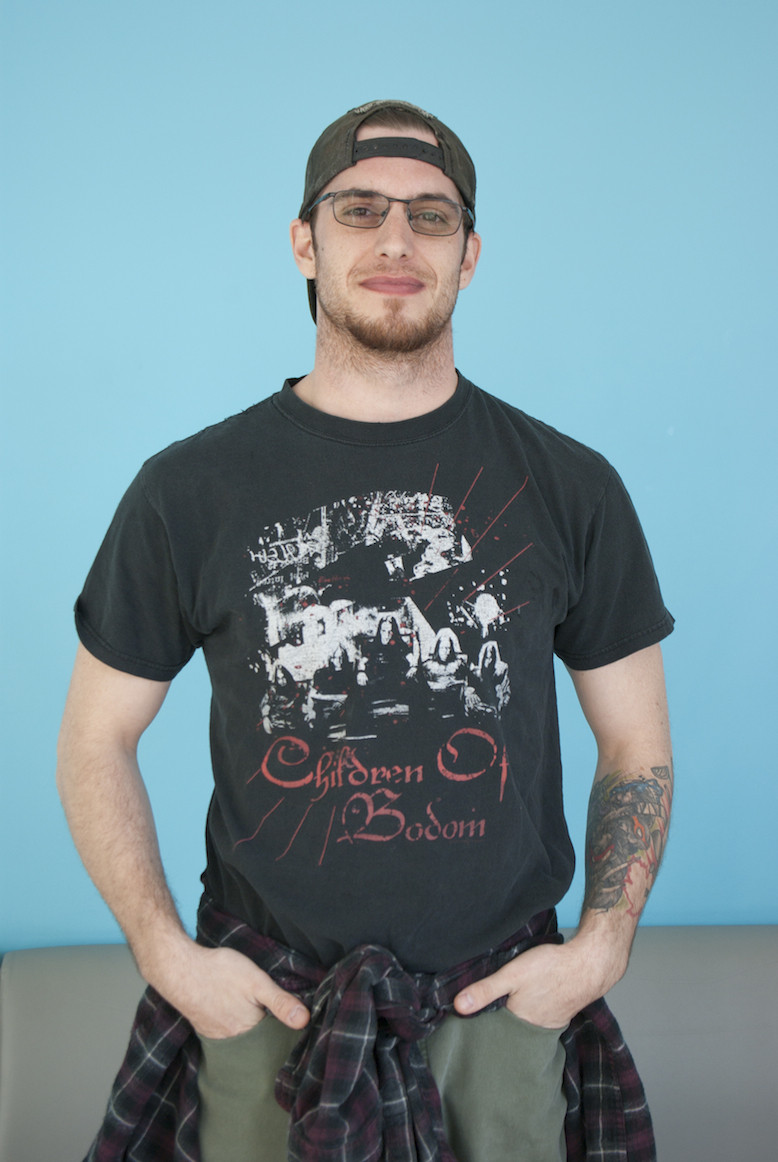
Some international students have seen Manitoba as Canada’s most welcoming province. Many choose to pursue their post-secondary education in Winnipeg because it’s easier to find jobs and faster to become permanent residents after they graduate.
“When I was on the plane on my way to Winnipeg, a lady was talking to me and said ‘Are you going back home, or just visiting?’ I felt welcomed at that very moment,” international student Siddhesh Talpade says. “Someone was already seeing me as part of their country.”
In December 2014, according to Manitoba’s Labour and Immigration office, there were 6,978 international students in the province. Last year, almost 5,000 people arrived in Manitoba with a study permit.
In January, the federal government announced it wants to raise the number of international students to more than 450,000 by 2022.
Local student Matthew MacNeish sees it as an advantage to the country. He said the collaboration different cultures bring to the province can only mean success.
“It brings diverse culture, intellect and innovation from all over the world. (They) bring talent, expertise, knowledge, and behaviours to formulate better companies and organizations here,” MacNeish says.
Siddesh Talpade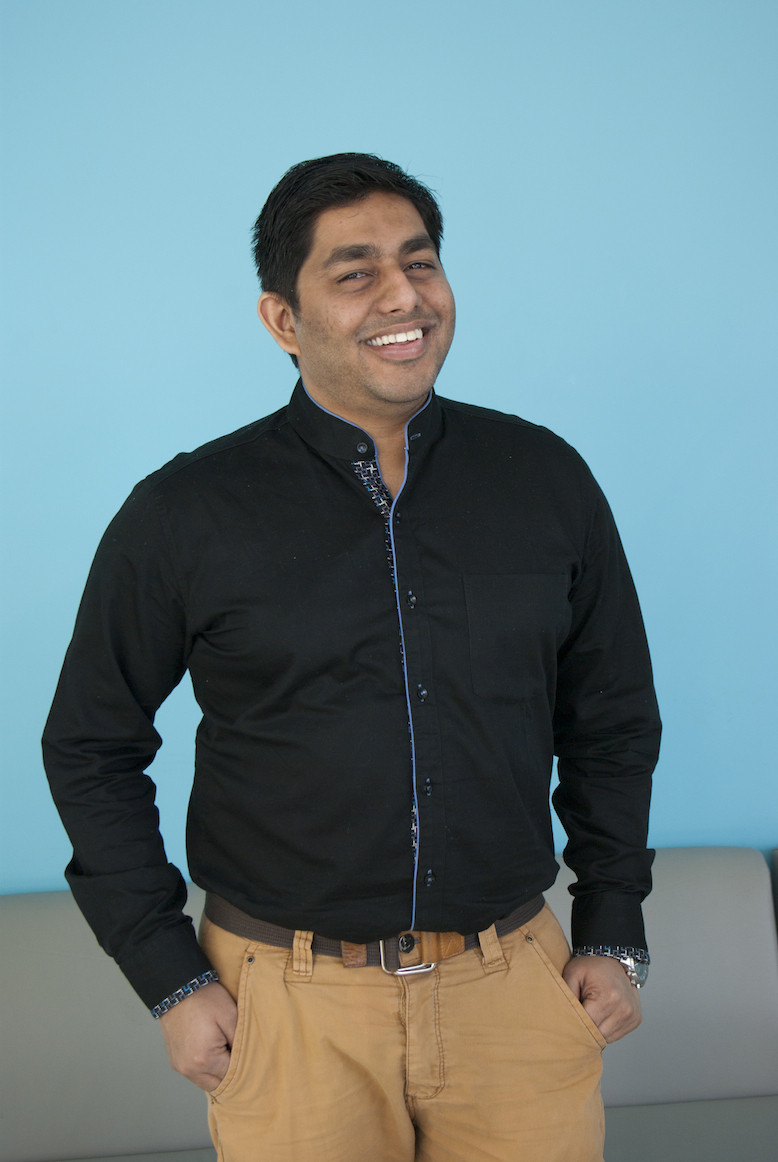
“What was more attractive was that people were welcoming, especially in the countryside,” she says.
Jerger says that while she was visiting the country, a local saw her taking pictures and invited her and her husband inside his home.
“We saw that replicated in the whole city,” she says.
U of W welcomes international students from all over the world. According to its website, five per cent of the student population is from outside Canada.
“Where I come from, we’re only focused on technology, business, IT, becoming a doctor or engineer. Here, I learned about social justice. I learned about humanity,” international student Vassan Aruljothi explains.
Aruljothi says the campus’ location is more attractive to international students than other institutions. Living downtown gave him the opportunity to know more about Winnipeg.
“I get to know the Canadian lifestyle in a very unique way. I meet all sorts of people. I walk everywhere,” he says. “I learned that helping and volunteering were important, and it was helpful to me.”
Camila Jerger
According to his international friends, MacNeish has helped them adapt to the Canadian culture faster. MacNeish has taken them to hockey games and festivals.
“There are a lot of things I don’t understand, so I go to him,” MacNeish’s classmate Piou Bilivogui, from Guinea says. “It’s crucial to have people like him.”
“It’s human to help. I want them to adapt and they are excited to go to these socials,” MacNeish says. “I also haven’t experienced most of these events, so they are feeding me as much as I am feeding them, so to speak.”
Jerger says she’s happy learning with different cultures. Her instructors group students from different nationalities for group assignments.
MacNeish is one of three Canadian students in a class of 41 people. He says learning with different cultures has helped him to make an effort to understand people better.
“They have different languages, different jokes, different mannerisms like head gestures. It was a shock, but not a bad shock.”
Piou Bilivogui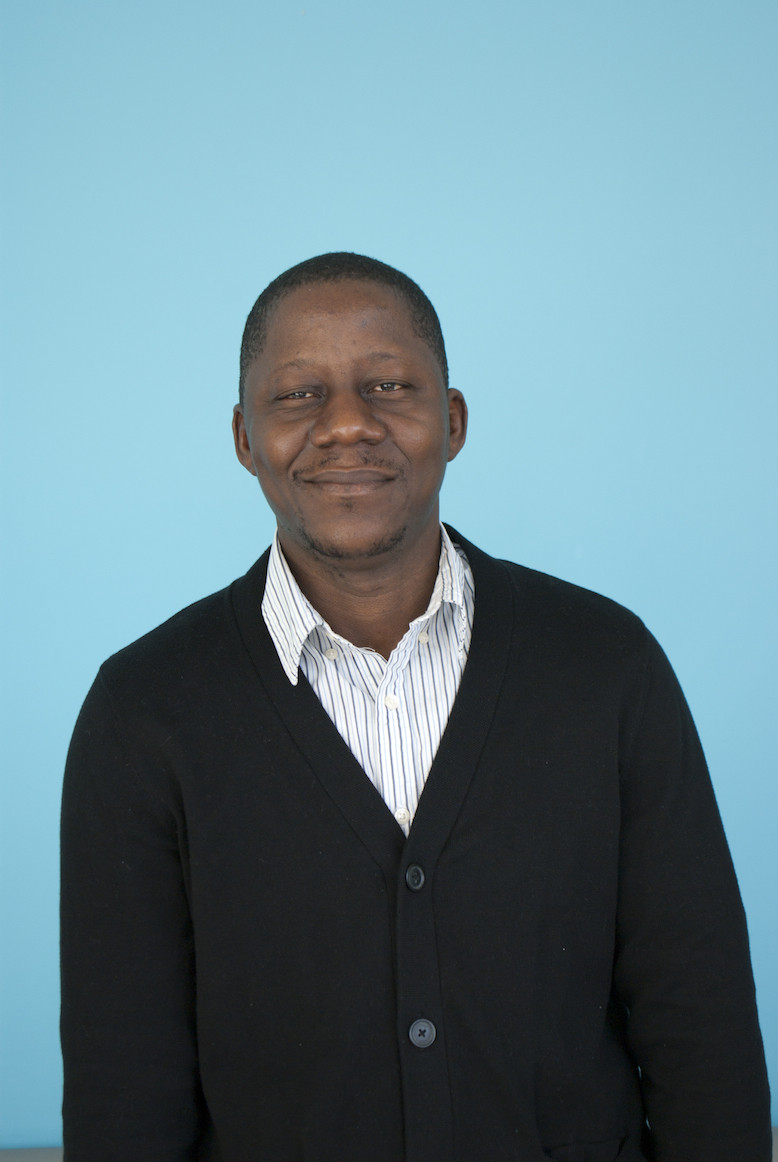
“It’s not easy to start over and get an entry-level job to get the Canadian experience,” Jerger says.
Some international students agree that the experience of living in another country, especially Canada, has helped them value social justice and environmentalism.
“I went back home and my uncles called me Canadian and picky because I didn’t want to throw trash in the river,” Aruljothi says.
Jerger says these changes are so subtle most students don’t even notice. It becomes natural to them.
“What I’ve realized is that, at the end of the day, we’re all people. I don’t see any difference between working and someone from India or Canada and working with local people back home,” Jerger explains.
U of W provides the experience of dealing with the different cultures both for local and international students.
“I come here every morning and I don’t see (my friend) as a Canadian, I see him as a personality. You just see a relationship between humans,” Aruljothi says.
Jerger says the U of W had a seminar about how to survive the cold weather and potlucks where students share food from their country.
“They take serious efforts to make us welcome,” Talpade says. “And Canadian students are ready to join us.”
Vassan Aruljothi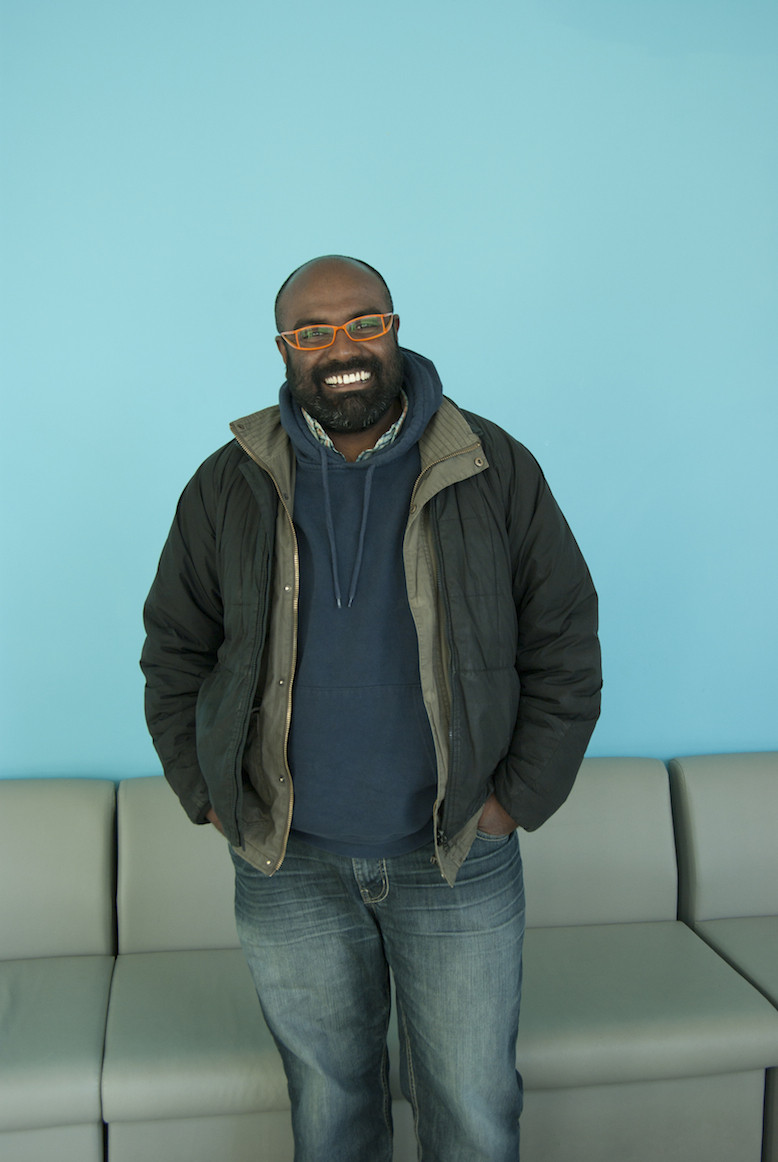
“Every time you call a lawyer to ask questions is two hundred dollars. Most international students can’t afford it,” he says.
Bilivogui says he is happy with the experience he’s had so far. Even if he ends up going back home, the education he got in Winnipeg qualifies him for better job positions. He learned English and is finishing the project management program.
“There are jobs I wouldn’t get without this experience,” he says.
Talpade says it’s necessary to go out of your comfort zone to have a good experience.
“If you go out of that comfort zone, if you take that initiative, I think there’s
Published in Volume 70, Number 26 of The Uniter (March 31, 2016)

